During our first week in Bosnia i Herzegovina (BiH) the sound of the call to prayer echoing throughout the landscape became familiar. Quite a more favourable alarm clock than the beeping of a phone. (Yes, unfortunately we still set an alarm clock… In the winter daylight hours are precious, but with mornings being so cold generally some encouragement is needed to get ourselves out of our cosy sleeping bags.)
Other growing familiarities was the sight of VW Mk 2s, in fact often three parked in a row. They seemed to make up atleast 30% of the cars, with a sprinkling of Ladas and red tractors on top of that.
Dog greetings had become more regular for the first time since Northern Spain. This wasn’t something that we had missed, but thankfully the tried and tested Maica technique of stopping the bike never failed us.
The methylated spirits shortage continued. An emergency ridiculously overpriced bottle of pharmacy alcohol with a pitifully low percentage alcohol content was bought to temporarily remedy the situation. As a result it often took atleast 5 minutes and several burnt fingers to convince the alcohol that it wanted to be lit and even then, our dinner took ages to cook, turning our pans black in the process.
We developed a love of Avjar – a tasty roasted pepper and aubergine preserve. Tasty on bread and an excellent condiment to have when your stove can barely cook your dinner (see above). Also possibly the first food item we’d come across on our trip that you wouldn’t find back at home (Lisbon/Bristol take your pick!).
We had cycled through some amazingly beautiful scenery, empty and barren landscapes but unfortunately often strewn with litter – plastic bags hung in trees like unwanted tinsel on a Christmas tree.
Sadly, we had also seen a disproportionately high number of graveyards in comparison to the number of fully inhabited villages that we had seen. A potent reminder of the not so distant past…
There had been a lot of empty and derelict houses in Croatia, but here in BiH there were even more. Sometimes we would be cycling towards what we thought was a village, to only find out when we got closer that it used to be a village but all of the residents had long since gone, leaving no-one but the cats in charge. Walls covered with bullet holes, a reminder of the past.
In Mostar we saw other tourists for the first time in weeks, the first since we’d pedalled round Lake Bled in the rain. A great big cross on one of the surrounding mountains towered above, imposing itself over the city.
We rolled down streets lined with relatively restored buildings next to derelict houses and apartment blocks, empty structures with absent windows, rooves and doors, covered in bullet holes from floor to ceiling. Across the river in the old city, mosques and churches sat side by side, bells clashing with the sound of melodic chanting.
We pushed our bikes through the crowds. The one downside of cycle touring is that, unless you have a safe place to stash your bikes and panniers, they have to go with you… everywhere. Having barged through the tourists we stood admiring the old city and the bridge, stealing WiFi from the neighbouring ice-cream shop, us and our bikes photobombing everyone’s photos of the famous scene.
Photobombing over, we took a deep breath to face the city roads again and pedalled out to our home for the next few days. We were due to stay with a warmshowers host at the Zemlanji permaculture project, run by Bambi.
Bambi had been given some land to use for free for five years on the condition that he looked after the olive trees. After two years, the project was relatively well established: a wooden cabin was almost finished pending windows, a compost toilet was fully functioning and a polytunnel grew veg in the spring and sheltered cyclists in the winter.
Bambi’s farm is something of an institution on warmshowers: he invites everyone that asks to come to stay. As a result, on the first night, arriving in the dark we were welcomed into the cabin by four other overlanders: a Croatian cyclist, a Canadian hitchhiker and a French couple in a van.
As seemed to be a repeating pattern, our stay was extended because of torrential rain. We woke one morning, under the safety of the polytunnel, to simultaneous flashes of lightening and claps of thunder. Bambi later told us that, as seen from his compost toilet viewpoint, that one bolt of lightening struck in the adjacent field… Let’s just say we were glad the structure of the polytunnel was made from plastic.
After treating the bikes to a jet wash clean in the nearby car wash, we finally left. We were aiming for the town of Stolac, in particular a small campsite we’d seen marked on the map.
From Mostar the landscape became distinctly Mediterranean. Just looking at the hillsides you could imagine the 40° heat of summer beating down on you.
By the time we reached the campsite it was dark. Nothing but an open WiFi network to suggest the place was open. Long story short, after messaging the owner, Tark, through WhatsApp we hung around for a while before being told that pitching our tent that night wasn’t an option. We were to sleep on the sofabed in the cafe of the campsite, and we were invited to make full use of the cafe kitchen. Make use of it we did – veggies roasted and Sarah-friendly bread baked, we easily fell asleep despite the sound of the night-time freight trucks rumbling past.
The next morning, Tark took us back into Stolac to get a better look at the place. Over a coffee he talked openly about his life before the break up of Yugoslavia and now. He was from the generation of people that had fought in the Bosnian war. The contrast to the optimism of Boro, that we had met a week or so earlier, about the future of Bosnia i Herzegovina was stark, describing his country as ‘sinking and fading’.
As we sat in the square I was reminded of Morocco – it was busy, but only with men sitting passing the time of day drinking a coffee and having a smoke. The only other woman in the square was the one working in the café.
Although, since arriving in Bosnia nearly two weeks ago, we knew alot more about the country now than when we came. We were also now aware of how complicated the history and the current political situation was, that we would probably need a lifetime of living there to fully understand.
We left with too much caffeine in our veins, and an overdose of unwanted passive inhalation of smoke. On top of that Pedro’s stomach was complaining about the greasy cheese burek he’d had for second breakfast. We powered on, both feeling nauseous, hearts high of caffeine – simultaneously feeling hungry but not wanting to look at food. The sun was unseasonally strong, adding overheating to the mix. Not the ideal combination for cycling. We collapsed in a heap in the shade on the side of the road, trying to fathom the desire to eat and gather more energy.
After only a few hours cycling, we called it a day and made a campspot on an unused grassy field. A circle of ash suggesting we weren’t the first people to stop there.
We hadn’t been able to find any proper fuel for our Trangia stove since Italy. Having checked out pretty much all hardware shops and pharmacies that we had passed since Croatia, we had eventually drawn the conclusion that methylated spirits is not sold anywhere in the Balkans. To remedy our impending lack of ability to cook, whilst at Bambi’s we made a make-shift wood gas stove out of tin cans. As you do. That night was the night to test it.
The wood stove did cook our dinner that night using nothing but a few twigs, albeit we were also smoked in the process. Dryer wood and more ventilation holes next time.
Although we had spent nearly two weeks in Bosnia i Herzegovina, both of us felt a bit sad to be leaving. With such a complicated history and mix of cultures and regions, it felt like we still had more to see and learn. Somehow, although we left having learnt a lot about the country, we also left being more confused at the complexity of it all.
The town of Bileca lived up to the expectations we have become accustomed to of a border towns: a bit odd. Not that we could put our finger on why exactly. It probably wasn’t helped by the military presence given the base just out of town or the comically high number of VW Mk 2s (high even for BiH).
We left BiH with perplexed looks from the border guards and pedalled on up into Montenegro, mostly in the company of truck drivers – waving us on and honking their horns.
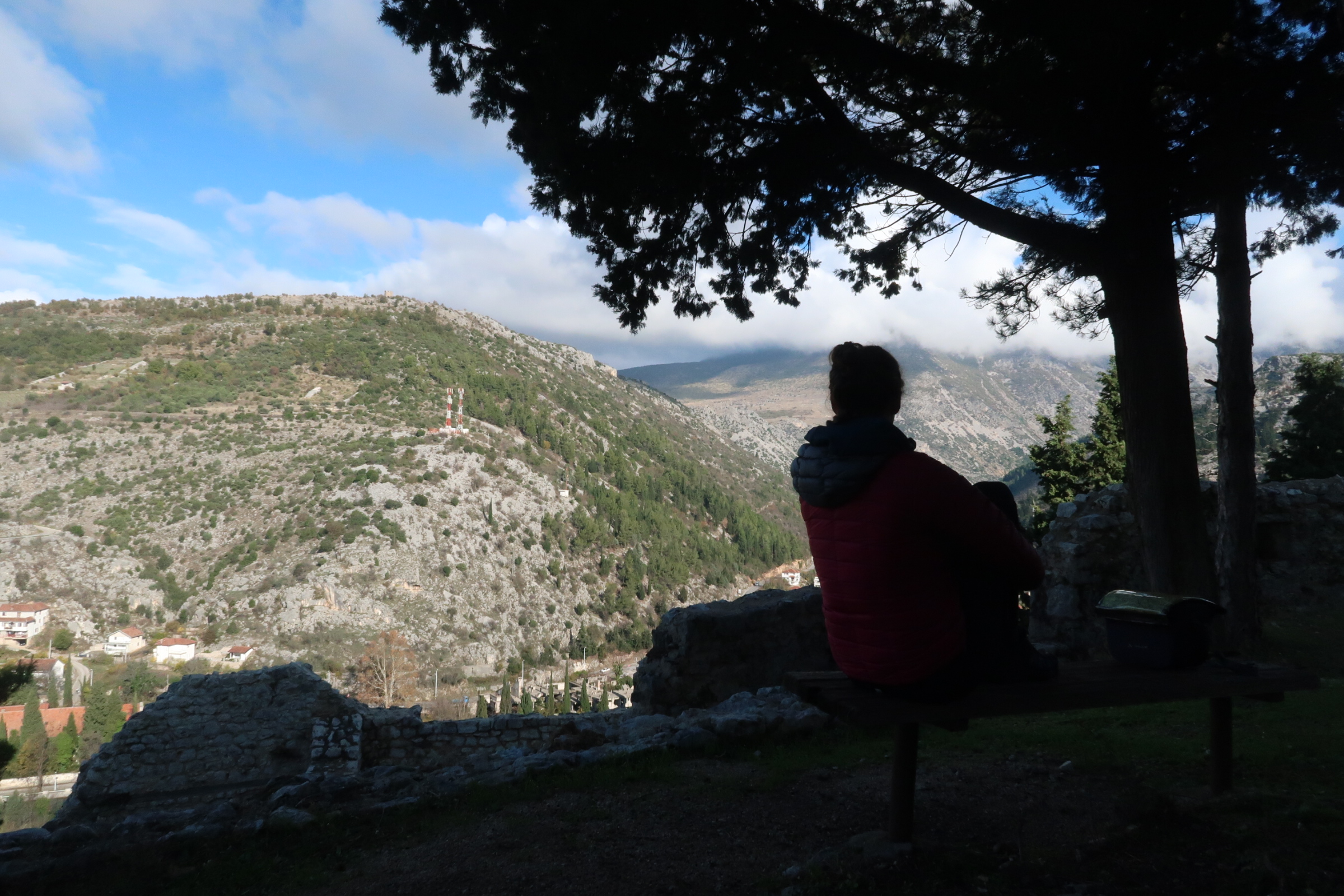
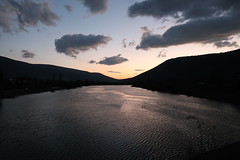
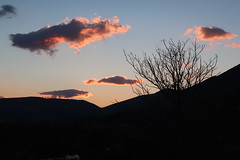
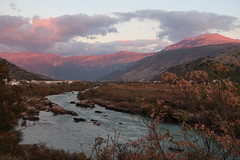
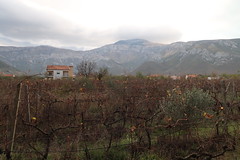
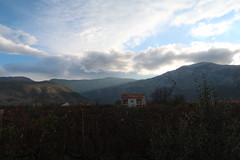
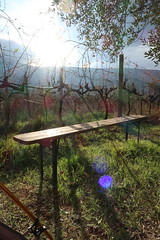
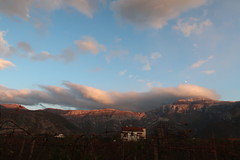
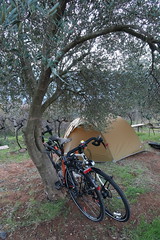
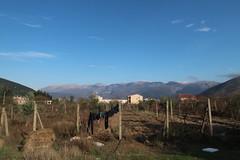
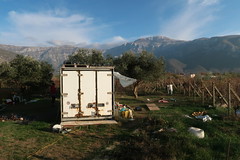
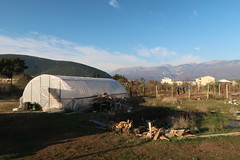
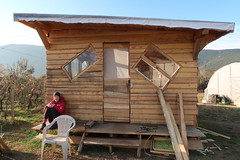
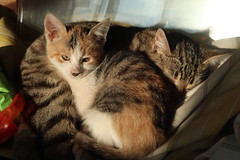
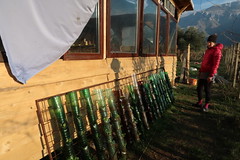
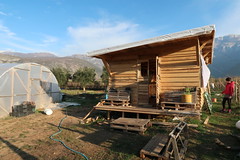
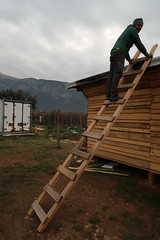
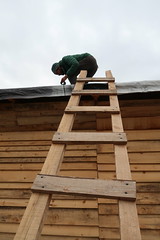
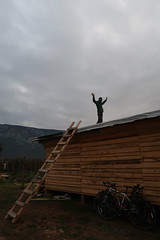
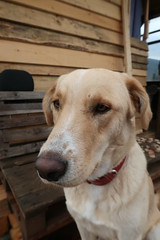
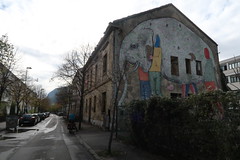
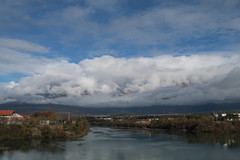
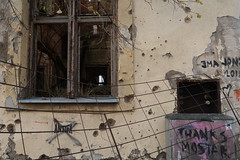
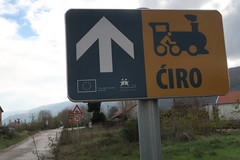
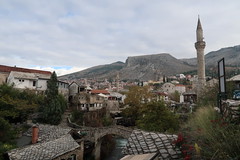
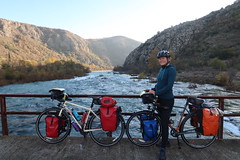
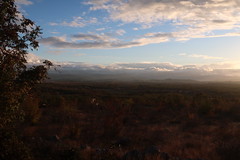
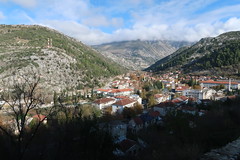
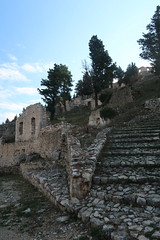
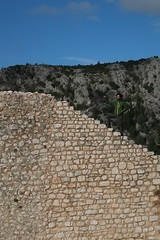
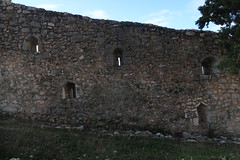
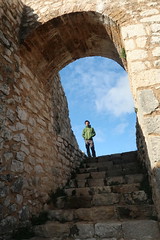
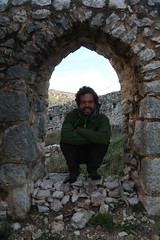
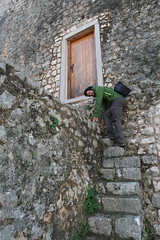
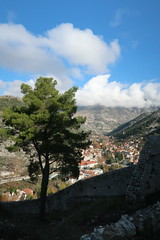
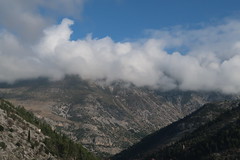
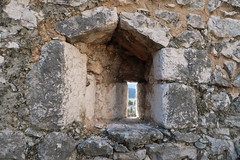
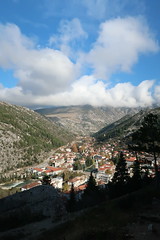
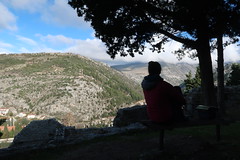
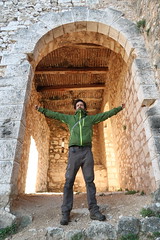
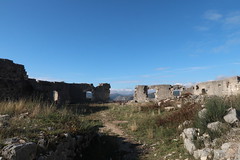
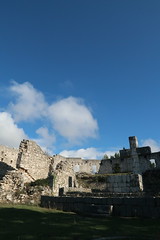
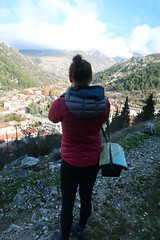
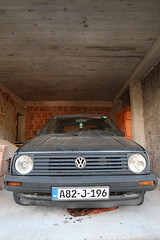
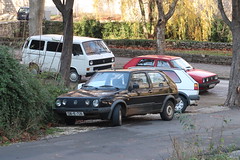
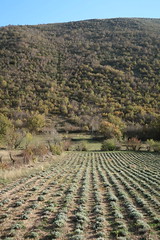
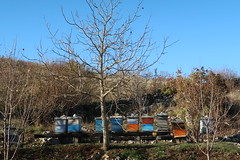
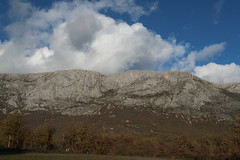
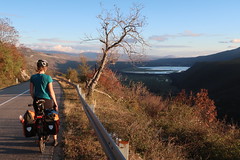
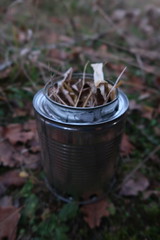
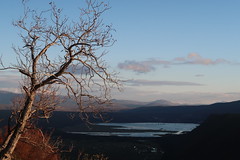
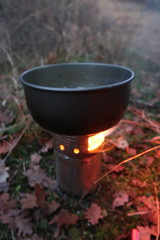
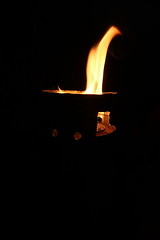
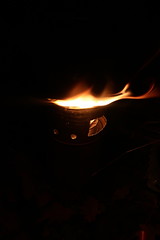
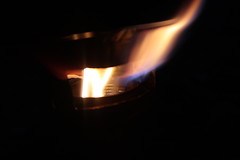
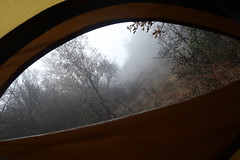
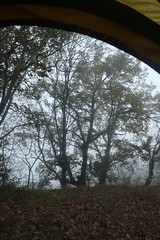
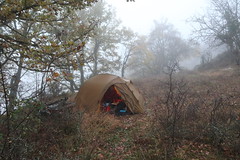
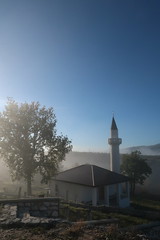
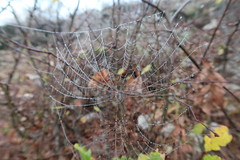
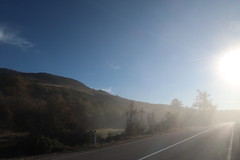
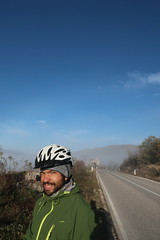
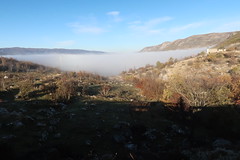
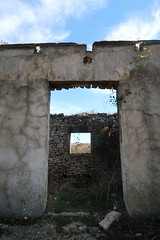
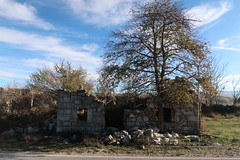
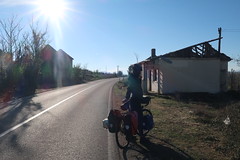
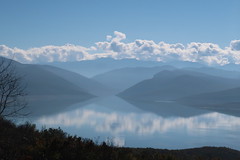
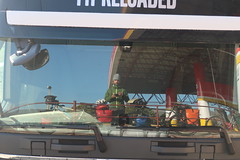
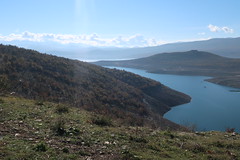
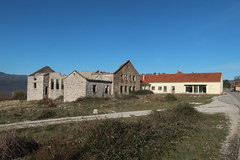
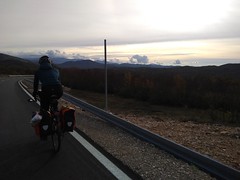
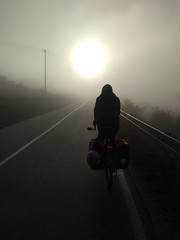

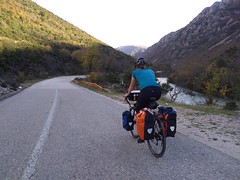
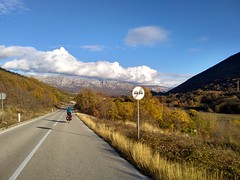
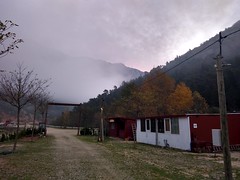
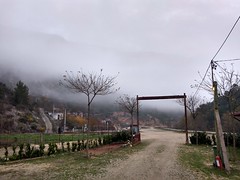
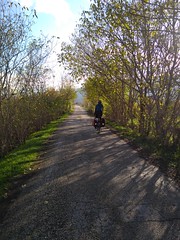
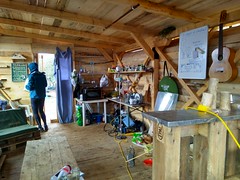
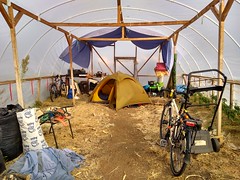
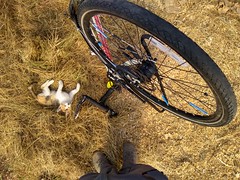
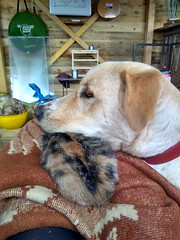
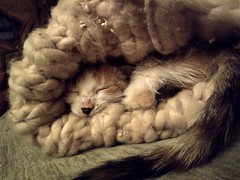
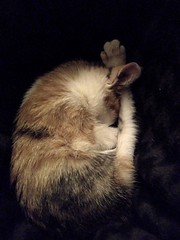
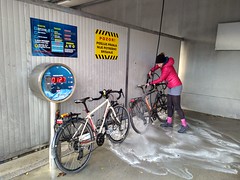
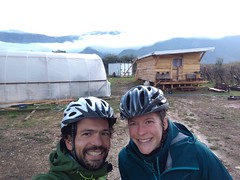
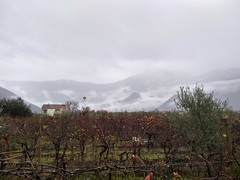
I’m desperately looking for alcohol too in Bosnia. At the end have you had any luck?
Hey Muriel,
No we didn’t have any luck… in the end we did the same as you said in your message, and bought some very expensive very low percentage alcohol in a pharmacy. Maybe using some local raikja is cheaper and stronger?! I remember it being difficult to find in the whole of the Balkans and only finding it again in Greece?! :/